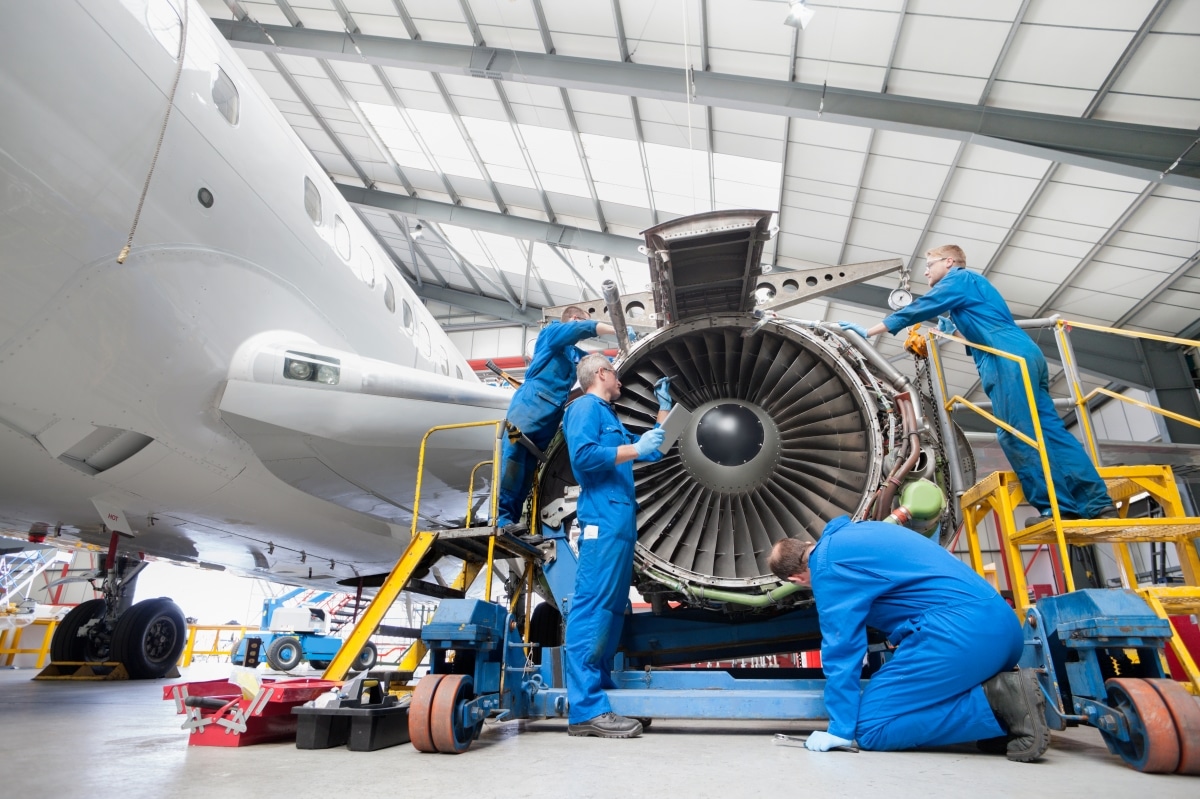The aerospace and defense sectors are facing significant talent shortages due to retiring workers and a failure to attract replacements, reports global consulting firm McKinsey & Company. The industry’s transition from hardware to software, younger employees’ different work expectations, and an increasingly competitive job market are posing major challenges. These problems are complicated by a predicted 13-fold increase in demand for software engineers over traditional engineers in the next decade.
Key Points:
- The aerospace and defense industry is struggling to fill a talent gap, as many highly skilled engineers and trade workers are nearing retirement. This, coupled with younger workers’ higher attrition rates, is making it challenging for these companies to maintain adequate staffing levels.
- As the industry shifts from hardware to software, the demand for software engineers is “significantly outpacing” that for traditional engineers. McKinsey predicts a 13-fold difference in demand between these two types of engineers in the U.S. market over the next decade.
- Younger workers have fundamentally different work-life expectations, leading to a cultural mismatch and higher attrition rates. These younger workers expect things to happen quickly and value workplace flexibility, meaningful work, and a strong sense of purpose.
- Aerospace and defense companies lag behind tech companies in important factors for retaining talent. However, the sector has a strong “mission motivation,” which could be utilized to attract and retain workers.
- Entry-level pay for software engineers in aerospace and defense is not competitive with other sectors, like tech. Beyond salary, McKinsey emphasizes the need for companies to offer unique value propositions to attract talent.






